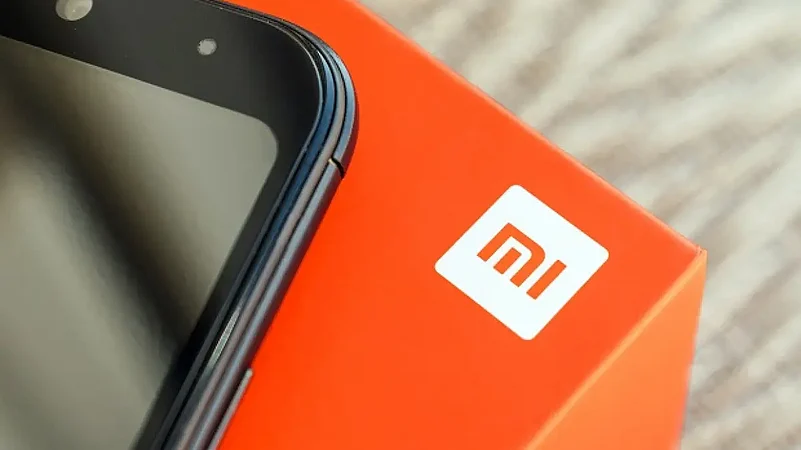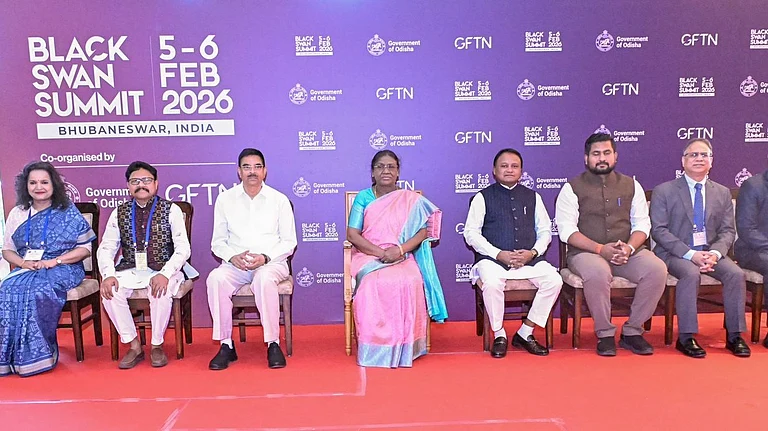Chinese smart devices firm Xiaomi on Sunday said that over 84 per cent of the Rs 5,551.27 crore seized by the Enforcement Directorate was the royalty payment made to US chipset company Qualcomm.
The ED, under the Foreign Exchange Management Act (FEMA), has approved an order of seizure of over Rs 5,551 crore worth of deposits of Chinese mobile phone manufacturer Xiaomi -- the highest amount frozen till date in India.
The Enforcement Directorate (ED) charged the Chinese phone maker with remitting foreign currency equivalent to Rs 5,551.27 crore to three entities -- one Xiaomi Group company and two US-based unrelated entities -- in the guise of royalty.
"We have studied the order from the Competent Authority and are disappointed with the decision as none of the factual and legal contentions raised by us have been addressed. We believe our royalty payments and statements to the bank are all legitimate and truthful," Xiaomi said in a statement.
The Chinese company said that Xiaomi India is an affiliate and one of the Xiaomi Group companies, which entered into a legal agreement with Qualcomm Group (USA) to license IP for manufacturing smartphones.
Both Xiaomi and Qualcomm believe that it is a legitimate commercial arrangement for Xiaomi India to pay Qualcomm royalty, the statement said.
"Of the entire Rs 5,551.27 crore Xiaomi India paid to foreign entities, more than 84 per cent were royalty payments made to Qualcomm Group (USA), a third-party US listed company, towards the in-licensed technologies, including Standard Essential Patents (SEPs) and IPs used in our Indian version of smartphones," Xiaomi said.
The Chinese firm said that the technologies and standard essential patents (SEPs) are used across the entire global smartphone industry and without these technologies, our smartphones would not have worked in India.
"All royalty payments made by Xiaomi India were only related to sales done by Xiaomi India, and not for any other countries or regions. This has also been confirmed by the Qualcomm Group (USA). These royalty payments were made via RBI approved and mandated banking channels and are legitimate commercial arrangements," the statement said.
According to the ED probe, Xiaomi started its operations in India in the year 2014 and started remitting money in 2015.
It also found that the company has remitted foreign currency equivalent to Rs 5,551.27 crore to three foreign-based entities, including one Xiaomi Group entity in the guise of royalty.
The ED had first issued the order of seizure of these bank deposits on April 29 under the FEMA and later sent it for approval of the competent authority, as required under the law that regulates foreign exchange violations in the country.
A competent authority under FEMA is an officer appointed by the central government to adjudicate an ED seizure order issued under the law. Such an officer should not be below the rank of a joint secretary.
The authority, it said, while confirming the seizure order held that the ED is "right in holding" that foreign exchange equivalent to Rs 5,551.27 crore has been transferred out of India by Xiaomi India in an "unauthorised" manner and is held outside India on behalf of the group entity in contravention of Section 4 of the FEMA.
Xiaomi said that Xiaomi Technology India Private Limited does not own or hold any assets outside India.
"Hence, as per our understanding, Section 4 of FEMA does not even apply in this situation. We will continue to use all means to protect the reputation and interests of the Company and our stakeholders. We remain committed to working with various authorities to resolve the issue," Xiaomi said.


























.jpg?w=200&auto=format%2Ccompress&fit=max)




